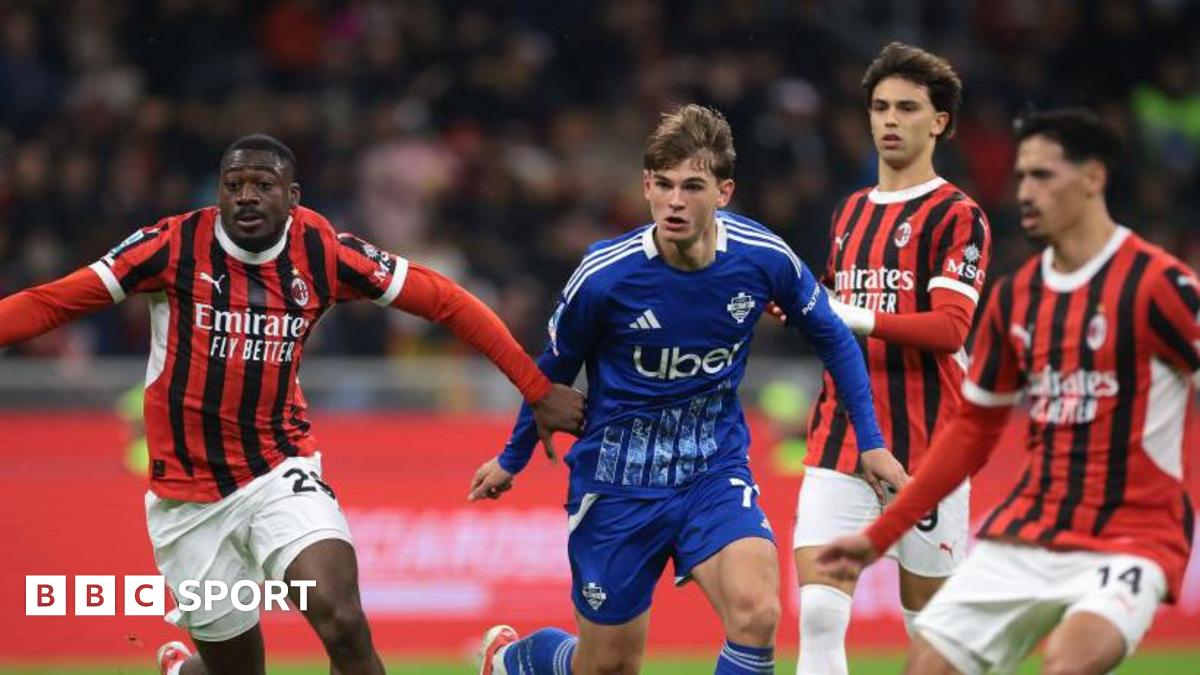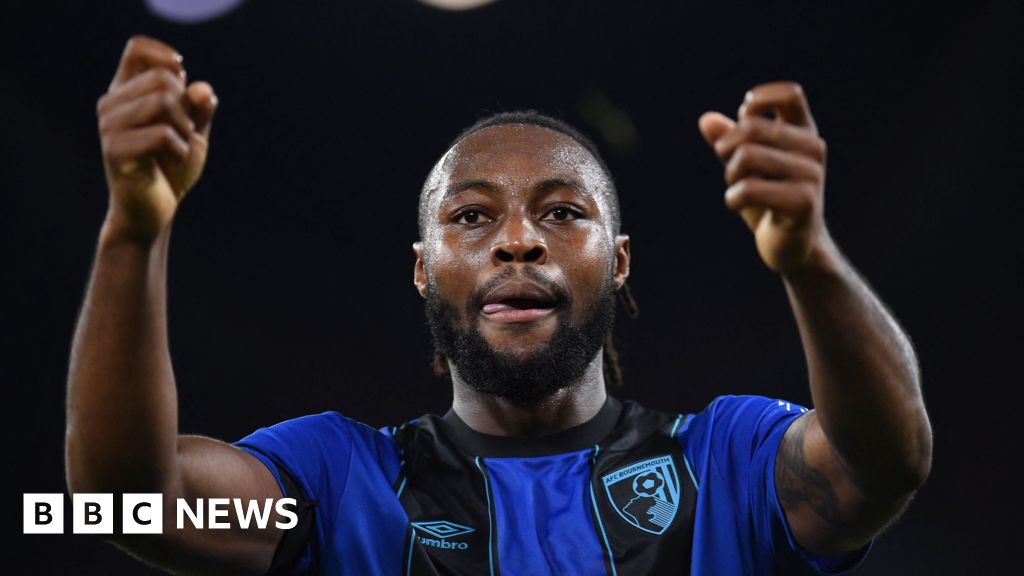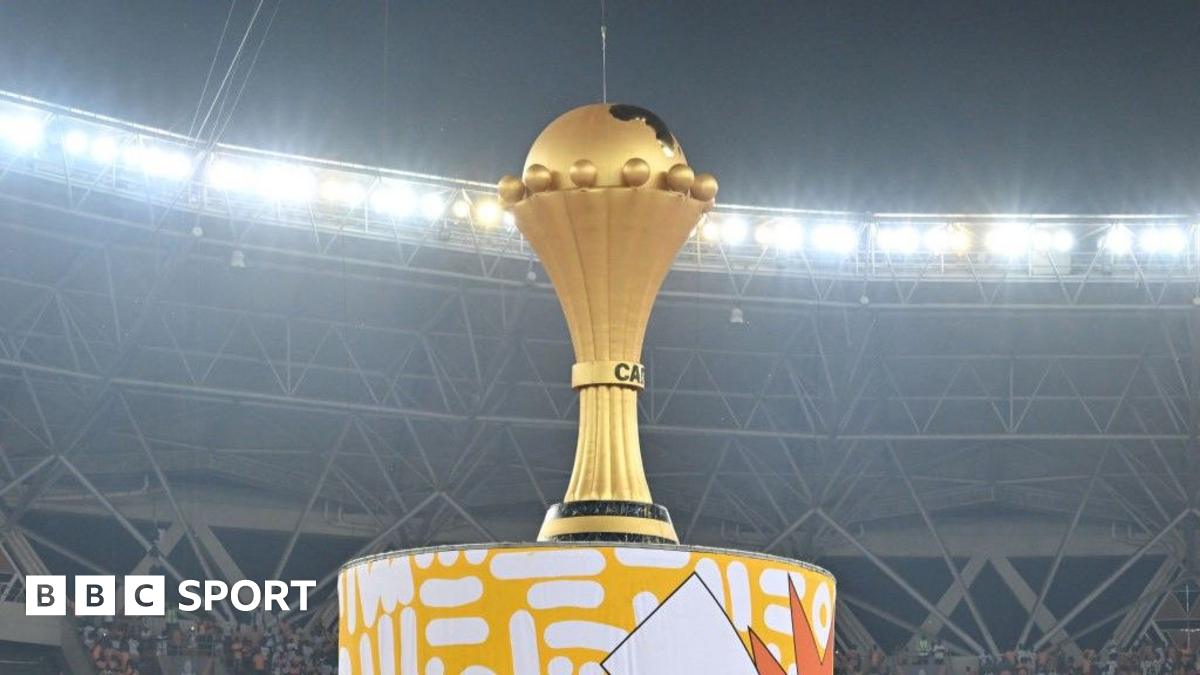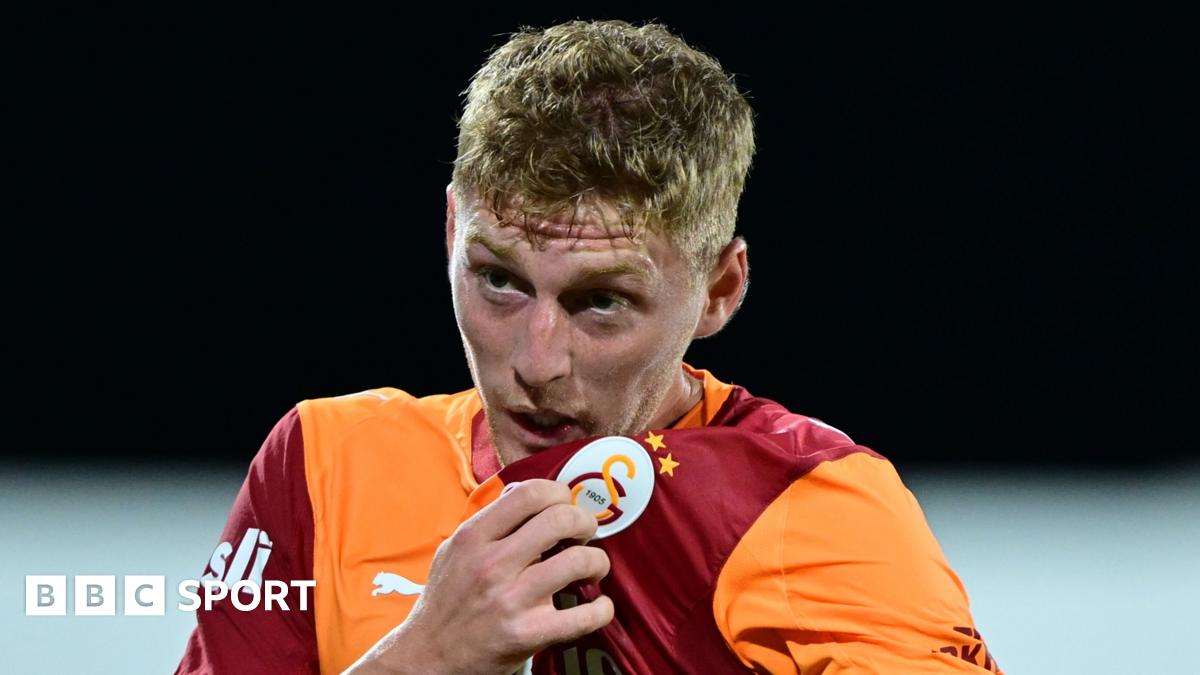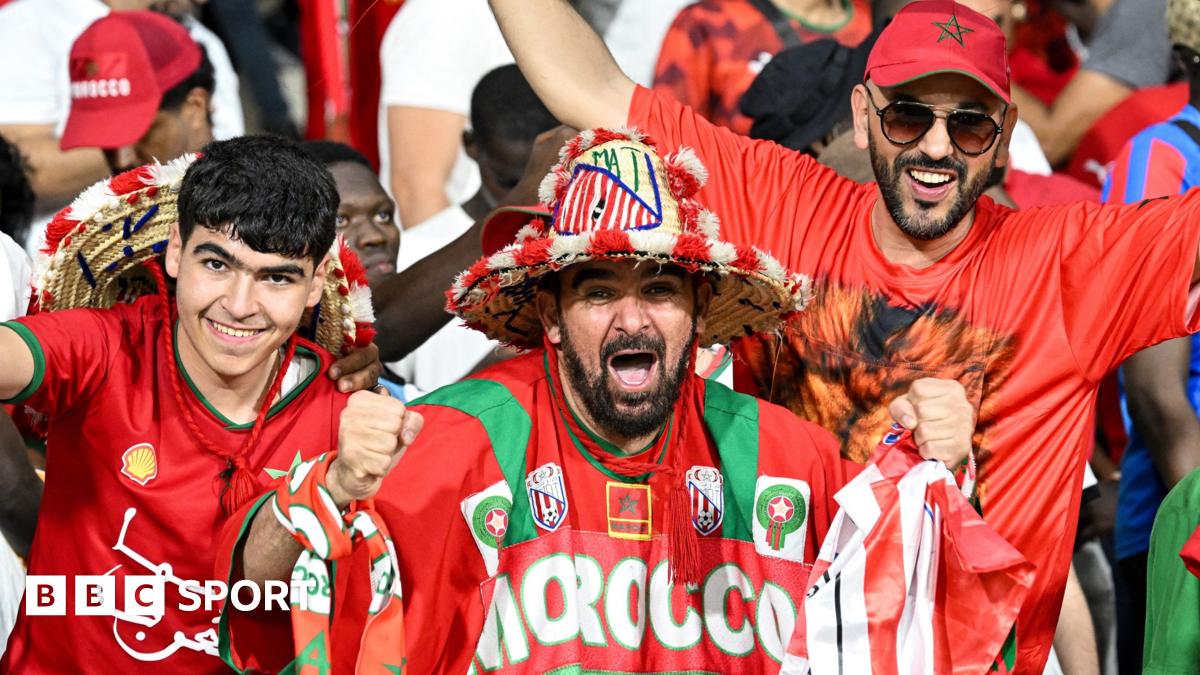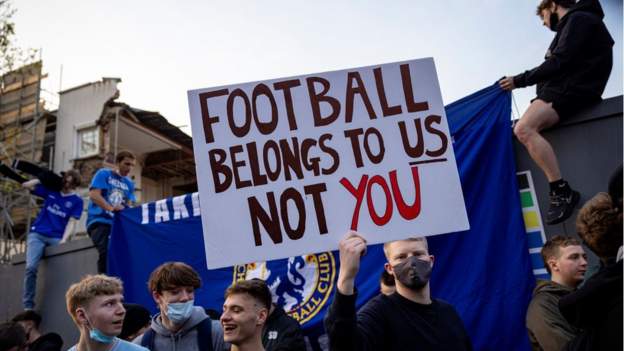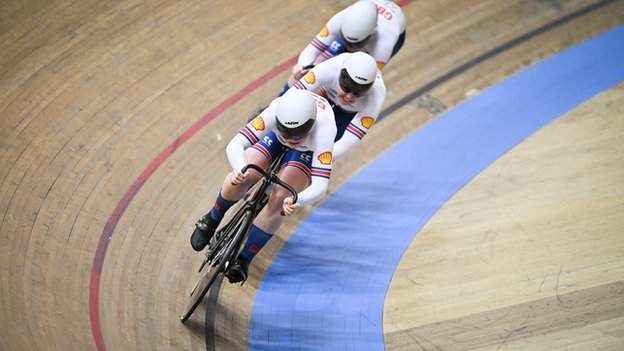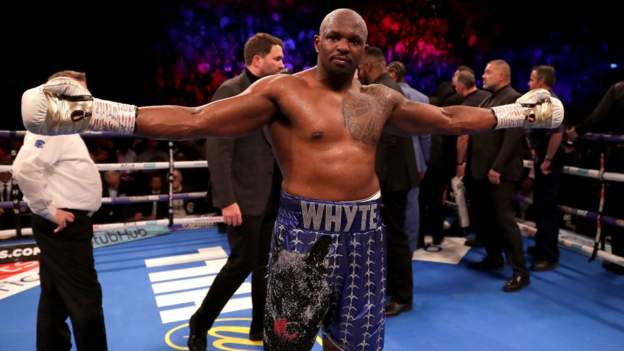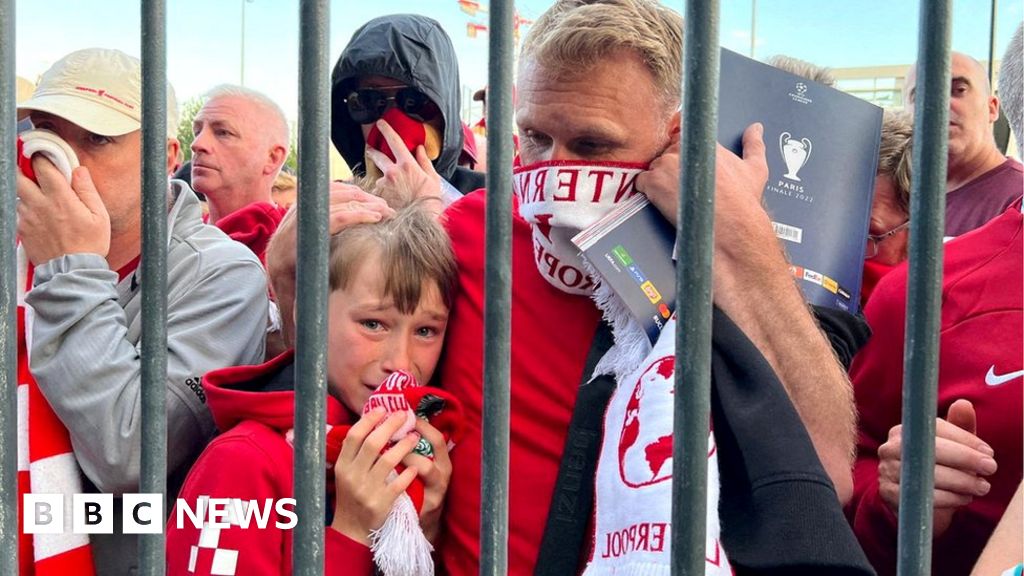A new-look European Super League would be a competition with no permanent members and based on sporting performance, says A22 chief executive Bernd Reichart.
A22 Sports Management is a company promoting a revamped European league.
The company backed a 12-club ESL proposal in 2021 that failed to materialise after protests against it.
“The foundations of European football are in danger of collapsing,” Reichart told German newspaper Die Welt.
“It’s time for a change. It is the clubs that bear the entrepreneurial risk in football.
“But when important decisions are at stake, they are too often forced to sit idly by on the sidelines as the sporting and financial foundations crumble around them.”
The original plans for the ESL in 2021 contained 20 teams – 12 founding members and three unnamed clubs they expected to join later, plus five clubs who would have qualified annually based on their domestic achievements.
Arsenal, Chelsea, Liverpool, Manchester City, Manchester United and Tottenham backed out of the project within 48 hours following widespread condemnation.
Real Madrid, Barcelona and Juventus, however, are still pushing for an ESL.
Reichart says the new ESL would contain 60 to 80 teams, each guaranteed a minimum of 14 matches per season and continue to play in their domestic leagues.
In December, Uefa and Fifa received significant backing in their bid to block the creation of a European Super League.
In a report released by the European Court of Justice, its advocate general said the rules of football’s European and world governing bodies were “compatible with EU competition law”.
It had been claimed Uefa and Fifa were breaking competition law by threatening to sanction clubs and players who joined a breakaway league.
A final ruling will be made by a 15-member Grand Chamber in spring.
Super League is the wolf – Tebas
Despite the ruling, A22 has been engaged in “comprehensive dialogue with stakeholders across Europe on the future of club football”.
It has also developed 10 principles, including broad-based and meritocratic competitions and development and finance for women’s football, which would be the foundation for the new ESL.
“Our talks have also made it clear that clubs often find it impossible to speak out publicly against a system that uses the threat of sanctions to thwart opposition,” Reichart added.
“Our dialogue was open, honest, constructive and resulted in clear ideas about what changes are needed and how they could be implemented.
“There is a lot to do and we will continue our dialogue.”
La Liga president Javier Tebas has been a critic of the ESL and denounced the new proposals.
“The Super League is the wolf, who today disguises himself as a granny to try to fool European football,” he wrote on social media.
“But his nose and his teeth are very big, four divisions in Europe? Of course the first for them, as in the 2019 reform. Governed by the clubs? Of course only the big ones.”
Last year, Uefa approved changes to the Champions League meaning the number of teams in the group stage will rise from 32 to 36 in the 2024-25 competition.
The new format will see the initial phase contain one league table including all teams.
Each will play eight group-stage games against different opponents, with four home ties and four away.
The top eight will go through to the knockout stage, while those from ninth to 24th will compete in a two-legged play-off to progress.
Uefa said “similar format changes will also be applied to the Europa League (eight matches in the league stage) and Europa Conference League (six matches in the league stage) and both will also include 36 teams in the league phase”.



